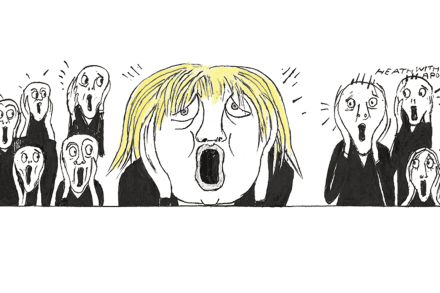Universities stand by Bercow
Normally when a public figure is ‘cancelled’ there is an ungainly rush by institutions to distance themselves from the individual in question. Fortunately for John Bercow, his impact on public life was so limited that there are few bodies left to cut him off. Certain actions though must sting the former Speaker’s pride: his suspension from the Labour party for instance and the decision of the parliamentary gym to rename the spin room named after him. Following Tuesday’s publication of the report into bullying claims against him, Bercow is now without an office, without a seat, without a party and without a legacy. He can still cash in on Cameo – recording videos for businesses




















